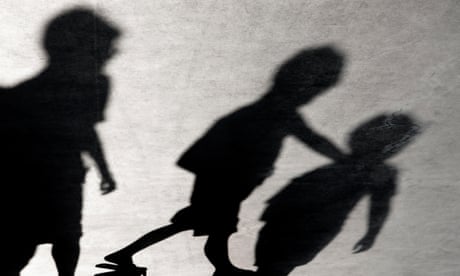The NYT columnist Ross Douthat considers the medical aid in dying policies in Canada, and warns us that conservative politics is what protects us against the slippery slope that might lead us down the Canadian path.
What Euthanasia Has Done to Canada
"In recent years, Canada has established some of the world’s most permissive euthanasia laws, allowing adults to seek either physician-assisted suicide or direct euthanasia for many different forms of serious suffering, not just terminal disease. In 2021, over 10,000 people ended their lives this way, just over 3 percent of all deaths in Canada. A further expansion, allowing euthanasia for mental-health conditions, will go into effect in March 2023; permitting euthanasia for “mature” minors is also being considered.
...
"The rules of civilization necessarily include gray areas. It is not barbaric for the law to acknowledge hard choices in end-of-life care, about when to withdraw life support or how aggressively to manage agonizing pain.
"It is barbaric, however, to establish a bureaucratic system that offers death as a reliable treatment for suffering and enlists the healing profession in delivering this “cure.” And while there may be worse evils ahead, this isn’t a slippery slope argument: When 10,000 people are availing themselves of your euthanasia system every year, you have already entered the dystopia.
"Indeed, according to a lengthy report by Maria Cheng of The Associated Press, the Canadian system shows exactly the corrosive features that critics of assisted suicide anticipated, from health care workers allegedly suggesting euthanasia to their patients to sick people seeking a quietus for reasons linked to financial stress.
...
"in the Canadian experience you can see what America might look like with real right-wing power broken and a tamed conservatism offering minimal resistance to social liberalism. And the dystopian danger there seems not just more immediate than any right-authoritarian scenario, but also harder to resist — because its features are congruent with so many other trends, its path smoothed by so many powerful institutions.
...
"without a potent conservatism, the cultural balance tilts too much against these doubts. And the further de-Christianization proceeds, the stronger the impulse to ... rationalize the new order with implicit reassurances that it’s what some higher power wants.
"It’s often treated as a defense of euthanasia that the most intense objections come from biblical religion. But spiritual arguments never really disappear, and the liberal order in a dystopian twilight will still be infused by some kind of religious faith.
"So I remain a conservative, unhappily but determinedly, because only conservatism seems to offer a stubborn obstacle to that dystopia"
*********
Update, January 14: in a followup column, Douthat responds to supporters of Canada's euthanasia policies,* and summarizes his position with this concluding sentence:
"And if euthanasia is kept within limits or rolled back from its advances, I suspect it will be the old taboos and Christian prohibitions that make the difference, not a libertarianism that so quickly and easily yields to pagan destinations."
*See in particular
Canadian Euthanasia as Moral Progress. Individual liberty, the common good, and human dignity. by Richard Hanania
Here's a summary paragraph:
"First, I will show that the MAID program is currently small, and likely represents cases of the most extreme suffering given the data that we have. I then go on to refute arguments against MAID that have appeared in the popular press. Sometimes, these arguments are simply false, as when it is claimed that it will eventually lead to large numbers of healthy young adults killing themselves with state sanction. Other times, the arguments may be correct but actually make the case for euthanasia. It is true, for example, that some people might feel “pressured” to commit suicide because they don’t want to be burdens on their families or the government. I don’t think there’s anything wrong with this — in practically every other kind of situation, it is usually considered pro-social to care about the impact your life has on others. This gets to the point that my support for euthanasia does not simply rest on libertarian and utilitarian grounds, but also on the idea that people should behave in ways that consider the common good and that, yes, preserve human dignity. The state’s interest in saving costs, as long as it’s going to pay for healthcare, is also legitimate, although I won’t dwell on that here."



